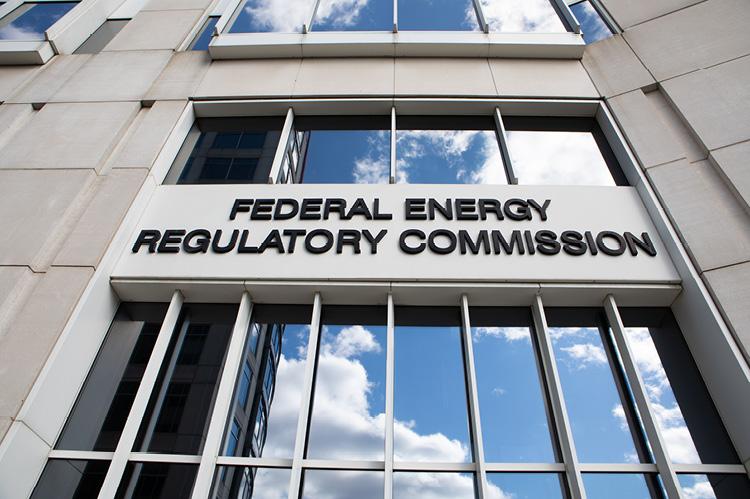FERC Includes Climate Change Scrutiny to Pipelines Infrastructure

The Federal Energy Regulatory Commission (FERC), on February 17, 2022, voted in party-line to start considering the potential effects of gas infrastructure projects on climate change and local communities, especially considering pollution as it weighs whether the project is in the interest of the public or not.
"The more interests adversely affected, or the more adverse impact a project will have on a particular interest, the greater the showing of public benefits from the project must be to balance the adverse impact," a fact sheet prepared by the commission explains.
The new policies reflect the Democrats' extensive philosophical support towards mitigating negative impacts of climate change through regulatory authority and emphasizing compensation for pollution impacts on minorities.
According to Frank Pallone, Energy and Commerce chairman, the commission's votes were "a significant step towards protecting the property rights of private landowners and ensuring that environmental justice communities are treated fairly and equitably in the pipeline certification process."
However, the commission's decision was opposed by critics who opposed the decision was outside FERC's scope, considering the entity that the body only regulates interstate energy infrastructure.
The Senate Energy Committee Chairman, Joe Manchin, who also serves as the West Virginia Democrat, said the commission went overboard by "prioritizing a political agenda over their main mission — ensuring our nation's energy reliability and security."
Following the new interim emissions policy statement by the commission, "any project expected to emit 100,000 metric tons of CO2 equivalent emissions per year "will be deemed to have a significant impact on climate change."
Such outlined requirement presents more "uncertainty to the already complex natural gas pipeline permitting process," said Amy Andryszak, the Interstate Natural Gas Association of America President and CEO.
The commission also agreed to keep the temporary certificate it issued back in December valid, allowing the Illinois-Missouri Spire STL Pipeline operators to keep their pipeline operational. However, the court was compelled to review the pipeline's certificate of operations after a court vacated and remanded the certification last summer.

